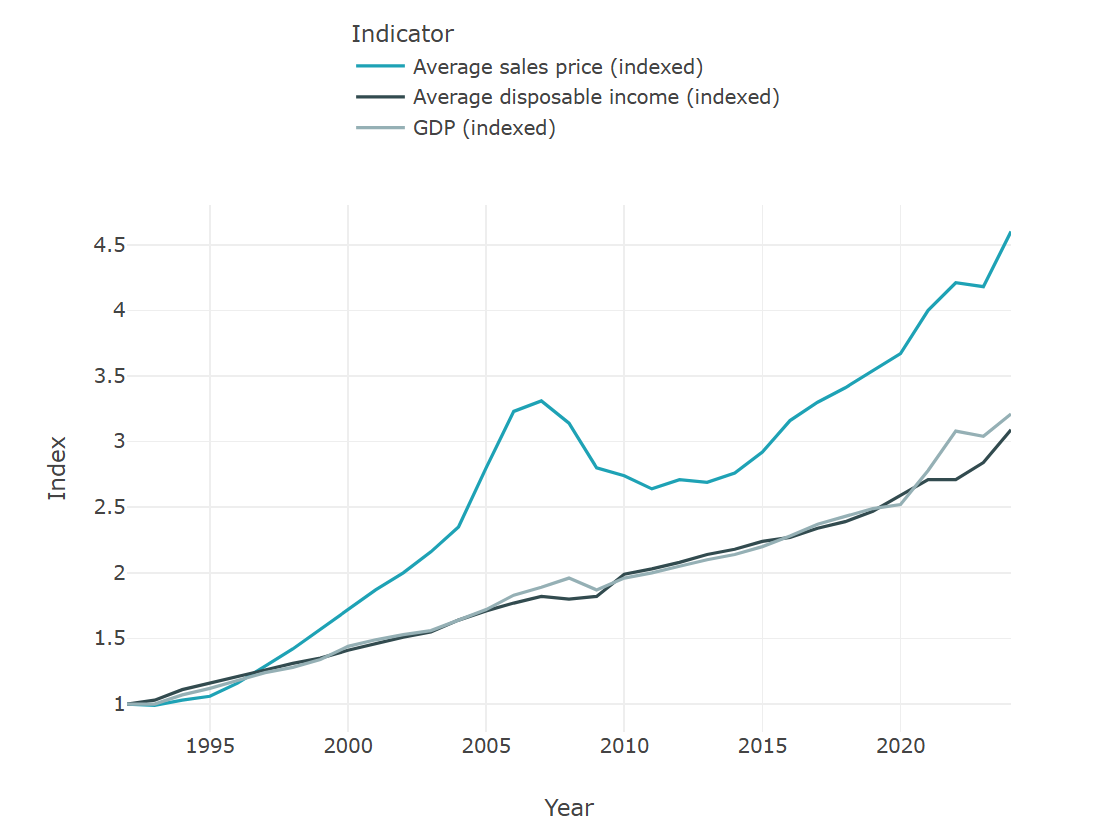The Danish healthcare system is struggling with a lack of trained employees. At the same time, several international nurses and people with training in care are waiting to be approved to work in Denmark.
At last, relief is on the way. The Agency for Patient Safety has decided that from today you no longer have to pass a Danish test if you want to obtain authorisation as a nurse and are a citizen and/or educated in a country outside the EU/EEA.
It is the employer’s responsibility to ensure that a healthcare professional has a sufficient knowledge of Danish to do their job.
Therefore, knowledge of Danish will continue to be necessary to obtain authorisation and work as a nurse in the Danish healthcare system, even though there is no longer a requirement to pass a language test.
Read more about the decision here.
Many nurses are leaving job at hospitals
There is a great need to facilitate access to international labour to find employees for the Danish healthcare system.
Around 4,600 out of the country’s almost 35,000 nurses, corresponding to 13.3 percent in the hospital system, left their positions between November 2021 and the close of 2022, according to a new analysis by the Ministry of the Interior and Health’s Benchmarking Unit.
The situation is even worse when it comes to retaining social and health personnel in the municipal elderly area.
Here, the graduation rate in the same period was 19.5 percent. This corresponds to around 12,500 out of just over 64,000 employees within the area.
Among the nurses who left during the period, 20 percent of them subsequently got jobs in the private sector.














